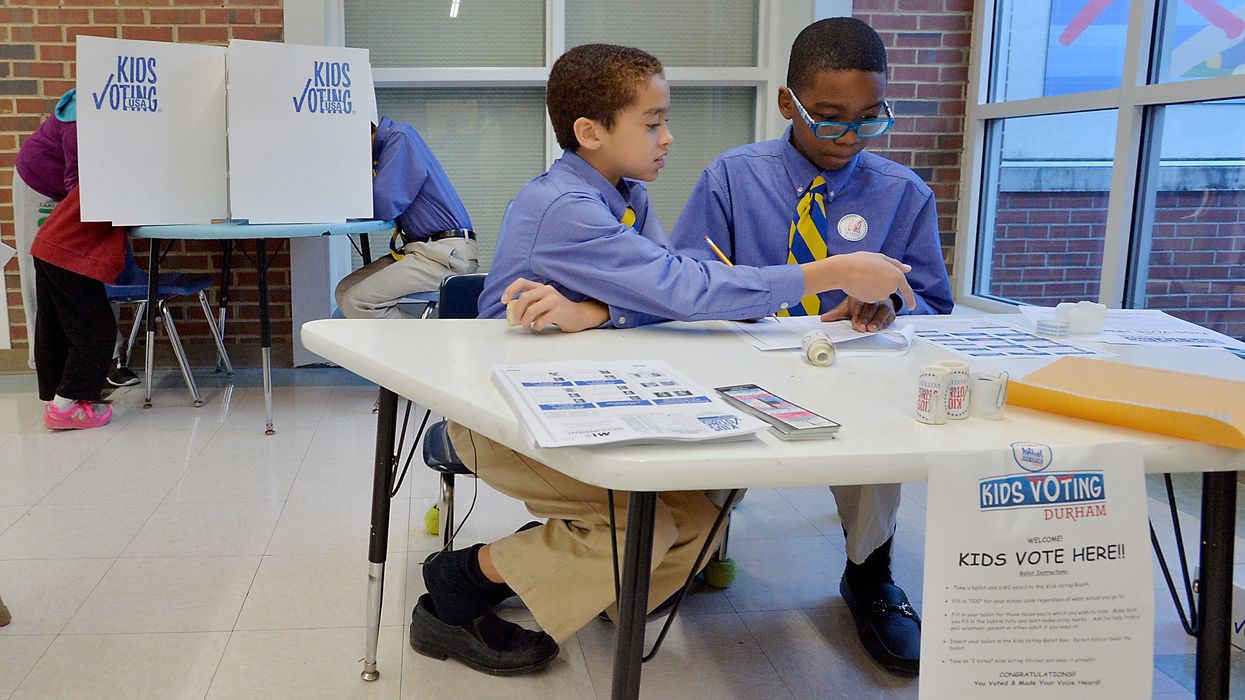A handful of laws that took effect Tuesday in Maryland are designed to boost voting, political process transparency and civic engagement.
Maryland is a reliably Democratic state, and virtually all its elections won't happen for another year. But its proximity to Washington, and the fact that it's home to so many federal policymakers and advocates, means changes in the name of democracy reform get an outsized degree of attention from both fans and critics.
Like 20 other states plus D.C., Maryland will from now on permit people to both register and cast ballots on Election Day, so long as they can prove residency when they get to their polling location. The move to so-called "same day registration" will cost the local governments conducting elections a combined $2 million upfront and $600,000 each year after 2022, Patch reports.
Maryland is opening the door for increased civic engagement among children, allowing students starting in sixth grade to help out election judges on Election Day. Through what's dubbed the Page Program, younger poll workers will be trained and take an oath before they start service.
To help better inform their adult counterparts, the state Board of Elections will have to post its meeting agendas 24 hours in advance and provide a live video stream of open sessions. And the unedited videos will be archived for four years.
To boost both transparency and election security, the state now requires election service contractors to disclose potential foreign influences on the ownership or investments of their business — and the state will have the right to end its contract with a provider because of potential foreign interference.




















